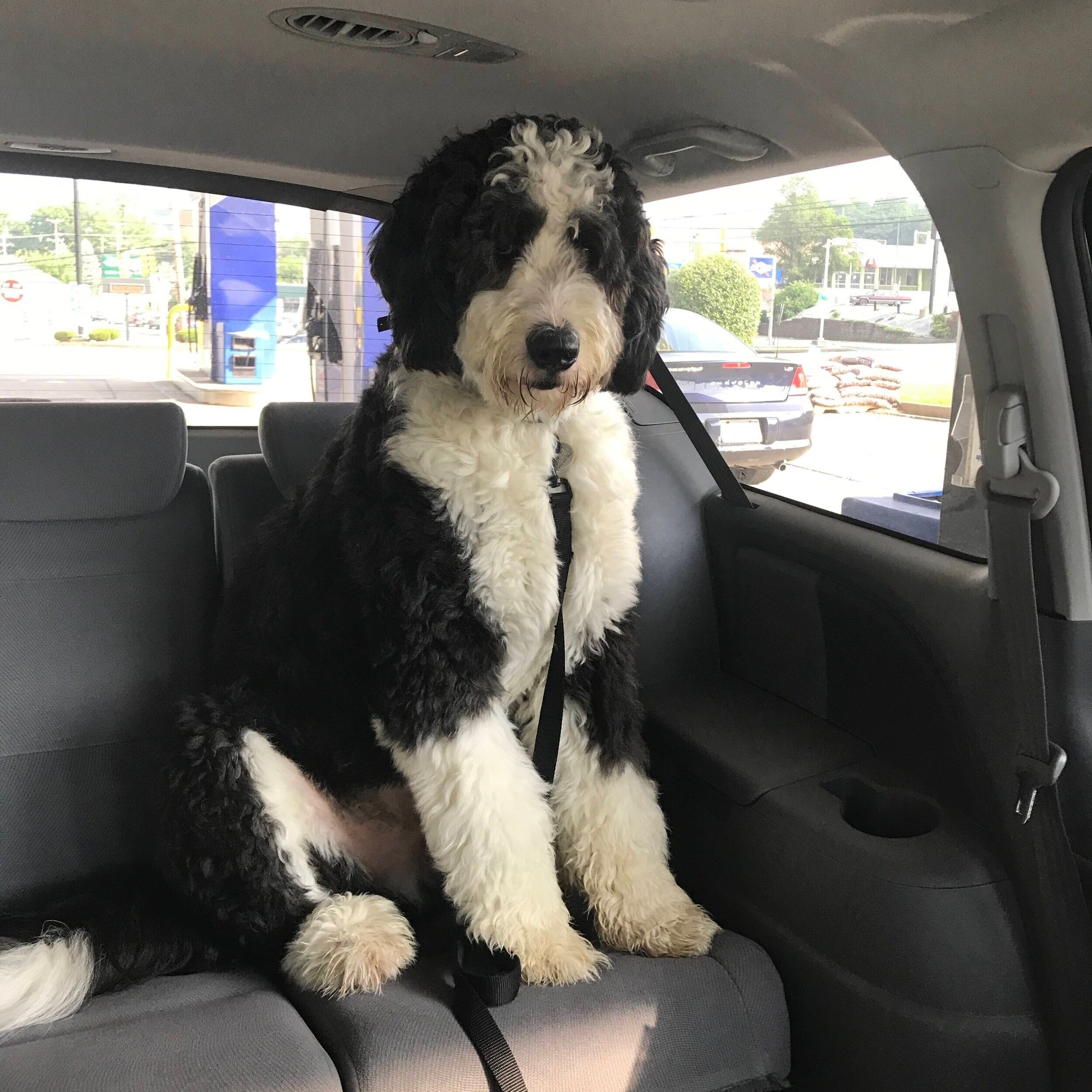By Janel Hicks
The “resist” symbol, a raised clenched fist, represents solidarity, strength, and comradery. This symbol has been a part of history on numerous occasions: the Spanish Civil War, the first wave of the Feminist movement, and in support of the LGBTQ+ Community after the Orlando nightclub shooting in 2016. Even though I was aware of this symbol in many different movements, I personally knew it as the Black Power Salute.
Similar to most students’ American history experience, the Eurocentric lessons taught in my small, conservative town highlighted the white-cis male pioneers who built the racist infrastructure that continues to oppress Black people today. But an education in my town is the furthest thing I want to complain about. I know I am privileged to even have an education. However, while history was taught to me, history further explaining my ancestors was limited to slavery and civil rights. I had very limited exposure to the history of the Black community in the United States. Groups such as the Black Panthers were displayed as strictly radical and extremist.
They said Black Power was “too much” for the time. Except it wasn’t. If a non-peaceful approach to demand equality was in fact “too much,” than the violence ensued by Jim Crow was certainly “too much,” as well.
My white peers—the majority of peers that surrounded me—saw the Black Power salute as rude, destructive, and abrasive. Perhaps because this symbol actively challenges a system that they benefit from. Their fear made it seem as though the outstretched fist in the air was trying to punch them in the face. As the only Black person in most of my classes, I felt the pressure to fit into the narratives that were taught. They said black power was bad, so I agreed. I feared being “too much.” To be agreeable and polite was the only acceptable way to gain respect, right? But how can you be polite when an entire group’s human rights are at stake?
When the Black Lives Matter movement first came to the scene in 2013, I was too afraid to express my appreciation, because saying “Black Lives Matter” was again “too much” for my cohort. As Michael Che jokes in his Netflix comedy special, “Black Lives Matter is a controversial statement. Black Lives Matter. Not matters more than you, just matters... That’s where we’re starting the negotiations. Matters. Can’t agree on that s***? What the f*** is less than matters? Black lives exist? Can we say that!?”
I always thought there might be another way to see Black Power, but I never had the support from faculty or fellow friends to pursue and come to terms with the view of history that acknowledges the racism that remains in modern America. It wasn’t until I left the confines of rural Pennsylvania that I began to find confidence in my identity as a Black woman. Back home, Black Lives Matter was extreme and disrupting, but I was learning to see it as liberating and empowering. A movement like this invokes justice and unity. It makes me proud to be Black and know my worth enough to shout it loud and proud. When I see the resist fist, whether it’s the embroidered one that I bought on this website, or by an activist in the streets, I know now not to be scared. I choose to embrace the strength it takes to stand tall, fight for the oppressed, and hold my fist high in the sky.












